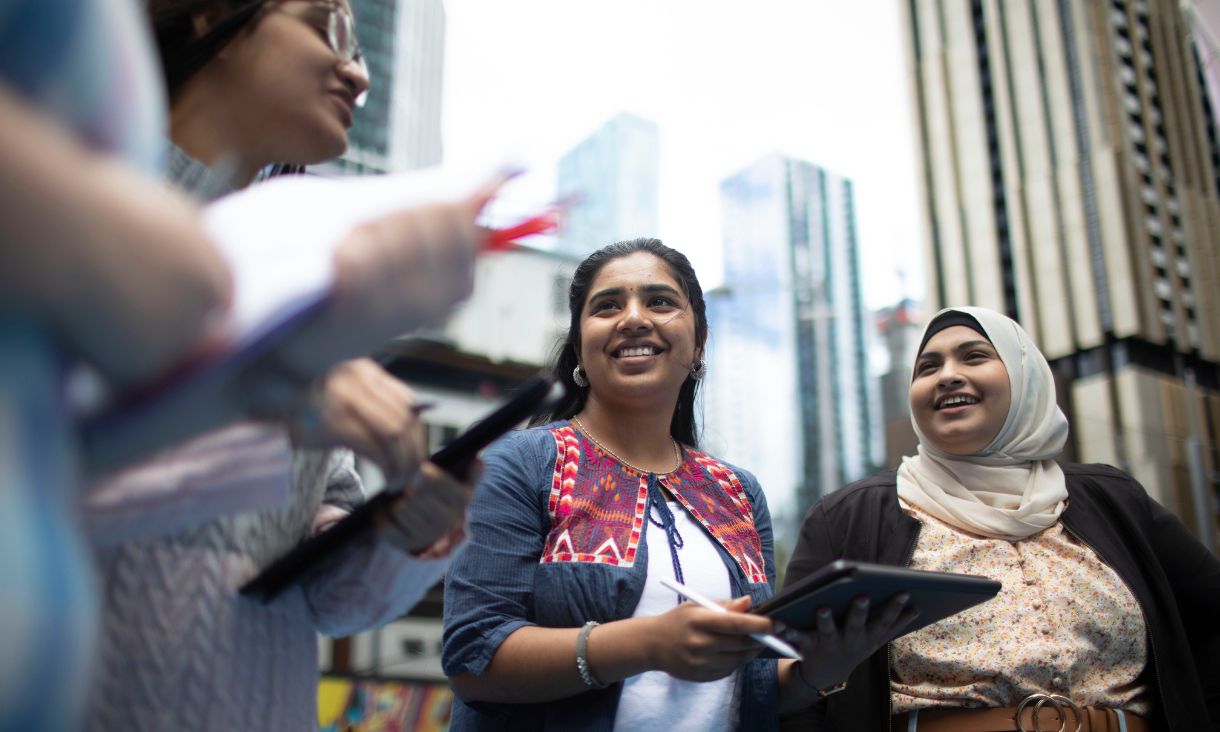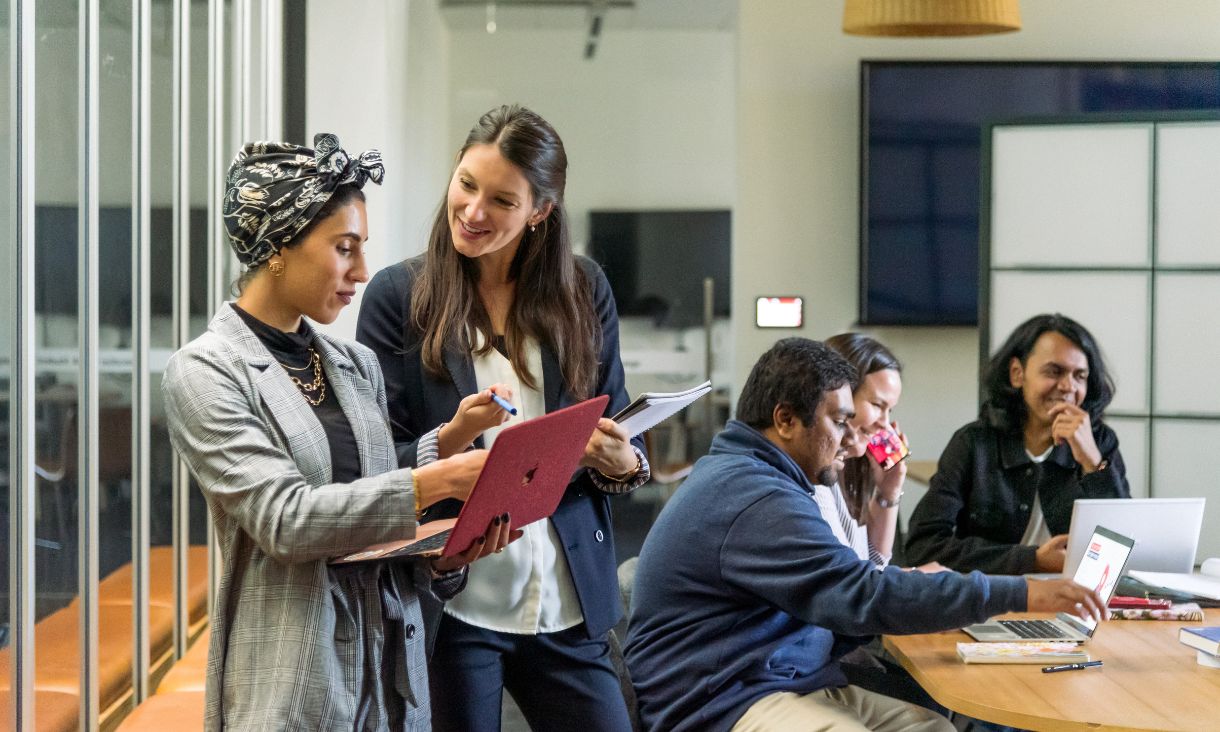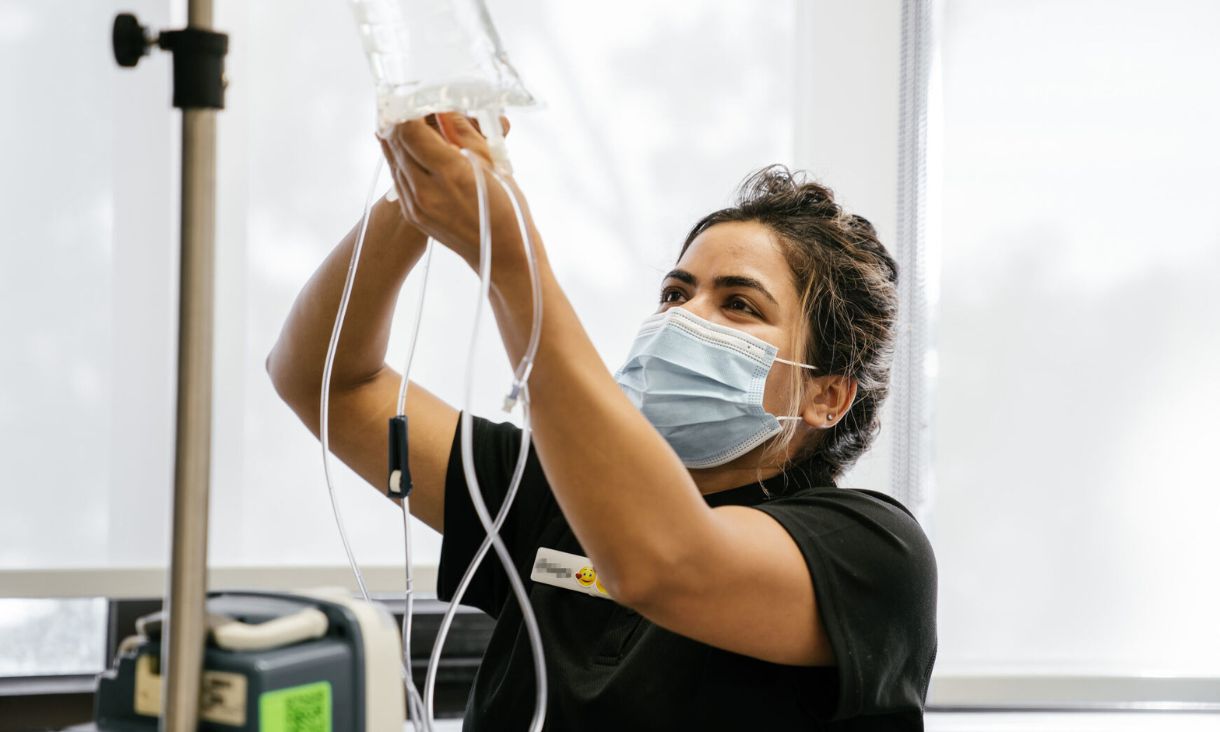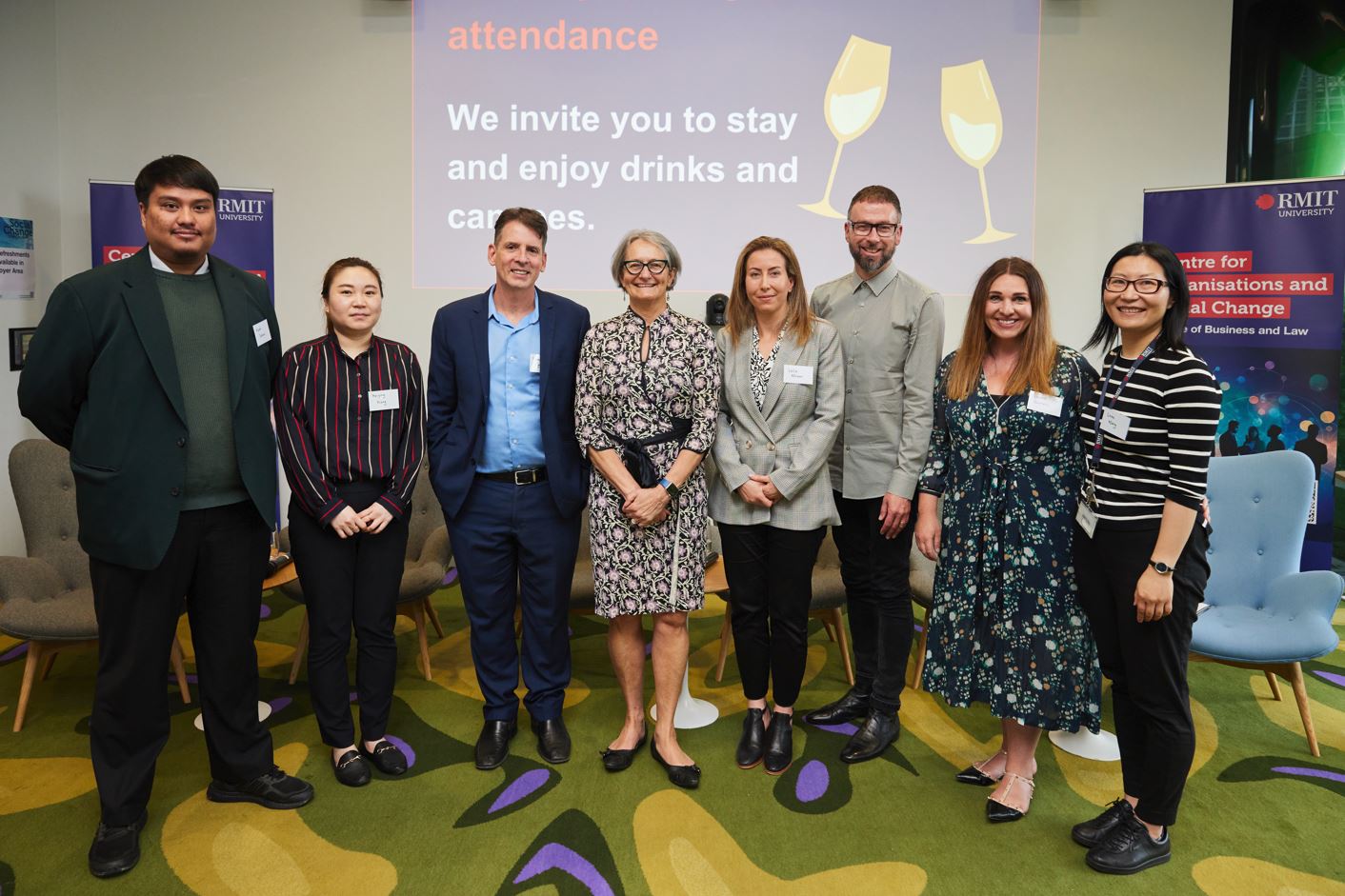Actively preparing students for global careers
Find out how RMIT academic and Course Coordinator, Dr Christopher Denis Delacour, strategically designed three cycles of career development learning in his course Global Careers, to help students understand their career options and job skill requirements, helping them prepare for global careers.
Innovative design wraps the MBA in AAA
Program Manager Kevin Argus and the College of Business and Law (CoBL) Learning Design team use a holistic learning design process and Learning Arches methodology to build a sequence of authentic and action-based learning activities and assessments to boost graduate outcomes and student engagement in the Master of Business Administration (MBA) program.
How practical application of research provided an ‘Aha’ moment for students
Find out how Kate Lamble, a Nurse Educator in the Social Care and Health Cluster, created active, applied and authentic (AAA) learning activities to help students in her Diploma of Nursing course, translate theory into clinical practice.
Bringing the outside in: industry-leading research drives change in the classroom
For two academics in the College of Business and Law, the classroom is an important site for advancing gender equity.




